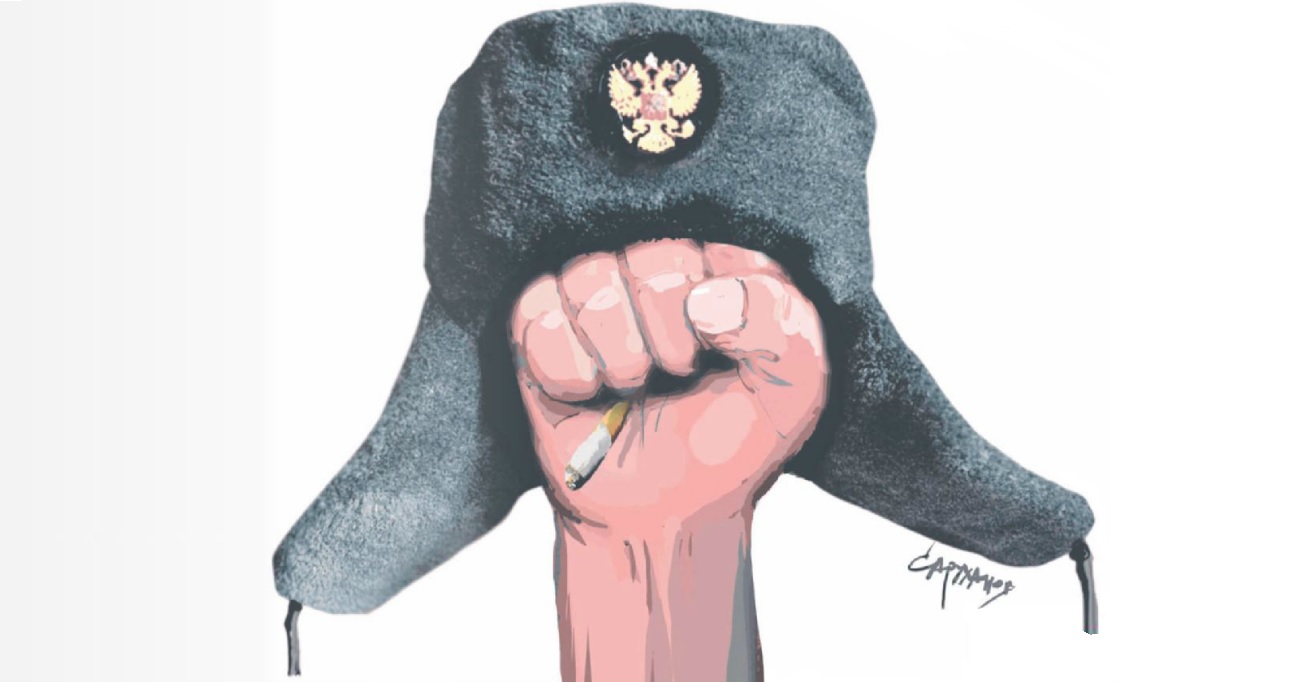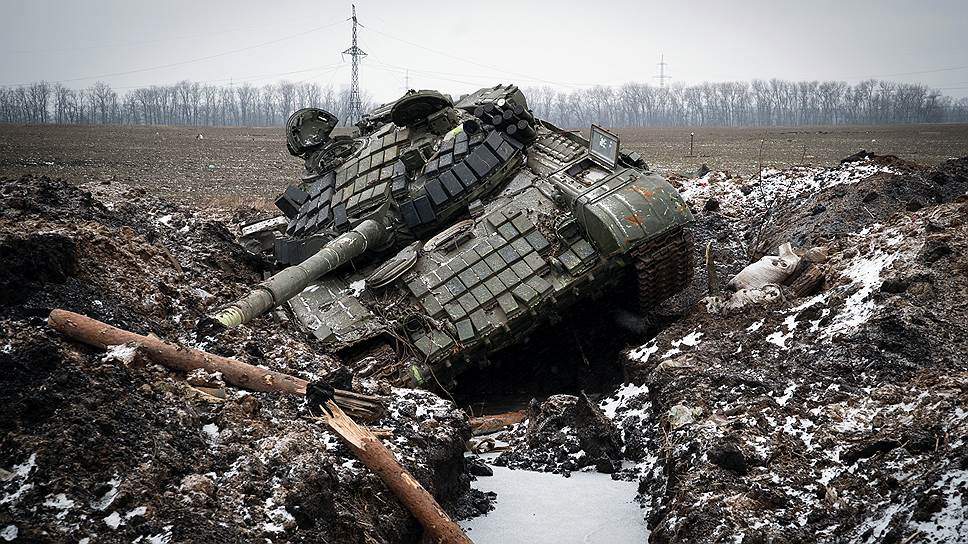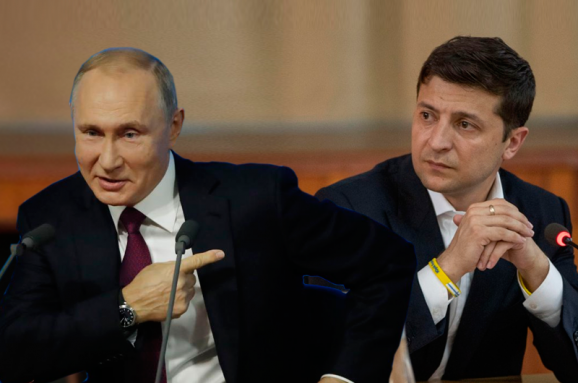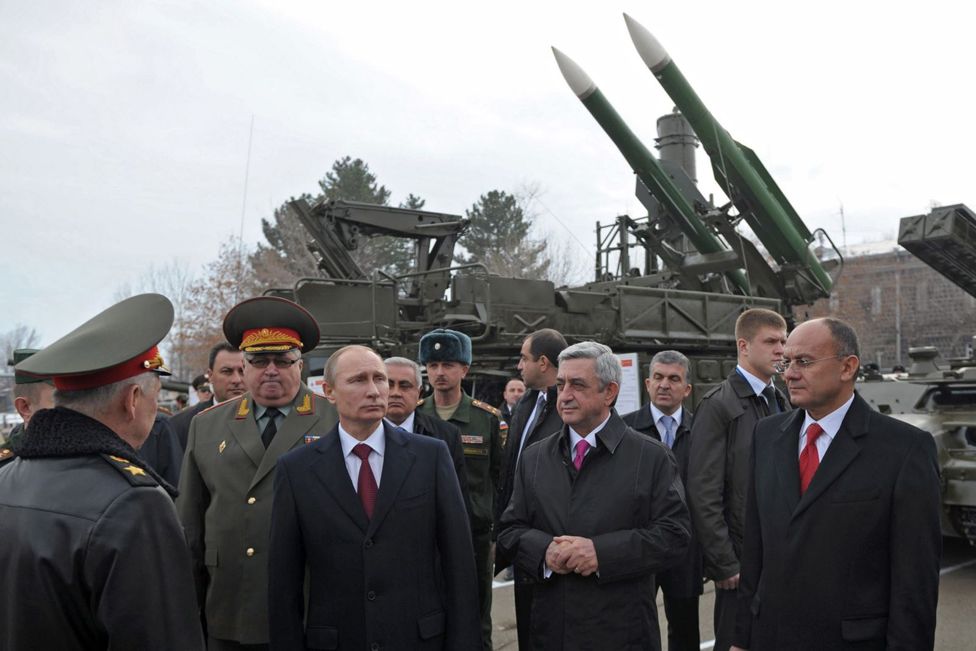
Political editor, Novaya Gazeta
(Image: novayagazeta.ru)
A signal indication of that was the recent murder in Moscow’s Gorky Park where blogger Stanislav Dumkin was killed by a group of hooligans because he wasn’t dressed properly in the opinion of the latter and worse a hat and glasses. (Martynov doesn’t point to the Machayevism that this reflects.). Despite the horror this murder generated in the media, he says, it shouldn’t have surprised anyone because Russians had been well prepared for just such an outrage: “attack ‘a Banderite,’ attack a gay, attack an incorrect theater director, attack a film about the tsar and a ballerina, and finally, attack those dressed not according to expectations.” Such attacks have “an objective cause” – the decline in incomes “which (together with other signs of social degradation) has continued almost as long as have lasted our geopolitical successes.” When there is no new money, people from top to bottom turn to force to get some of what is left or to compensate for its absence.“We have become accustomed to political force,” the use of violence by officials against those they see as their enemies. But that is now “escaping from under the control of the state.” As a result, “hooligan attacks on activists and even political murders are our new reality,” and one that extends far beyond politics.
“At the end of the 1980s, as Soviet society was dying, the most promising profession already was service in the rackets.” Now, those who have the means of violence, first the siloviki and then the population, are using those means to compensate for the losses they are suffering. But it is obvious that the siloviki “have already lost the initiative” to the latter. According to Martynov, “the ideology of the new Russia asserts that there exist entire classes of people whom it is correct to destroy. And neither the magistracy nor the police can speak out against such a situation. The consolidation around ‘the Ukrainian question’ has ended and the taboo on the use of force has been lifted.” In short, “the Ukrainian war has turned into a war of all against all” in Russia.The wealthy pray on the less wealthy, and “ordinary citizens, especially young men who have nothing to lose except their chains form gangs and begin to struggle for their place” in what is an ever less bright environment, taught by the regime that force of all kinds is the appropriate way to do that.
Related:
- Banditry from Russia-occupied Donbas rapidly spreading back across Russia, Babchenko says
- 50,000 Russian citizens fought in Donbas war in first two years, their ex-leader says
- ‘Instead of a Maidan, the Donbas has come to Moscow’
- Weapons from Donbas rush back to Russia sparking a rise in violent crime
- Russian who went to fight in Donbas says he was ‘not in an army but in a criminal band’
- Donbas mercenaries bringing the war home to Russia with them
- Interactive map shows origins of Russian mercenaries fighting in Donbas
- Russia hit problems recruiting for war in Donbas, Tymchuk says
- ‘You bet your life’ takes on a whole new meaning in Russian-occupied Donbas
- How the Kremlin influences the West using Russian criminal groups in Europe
- Chekist regime and criminal world in Russia now ‘completely coincide,’ Portnikov says





